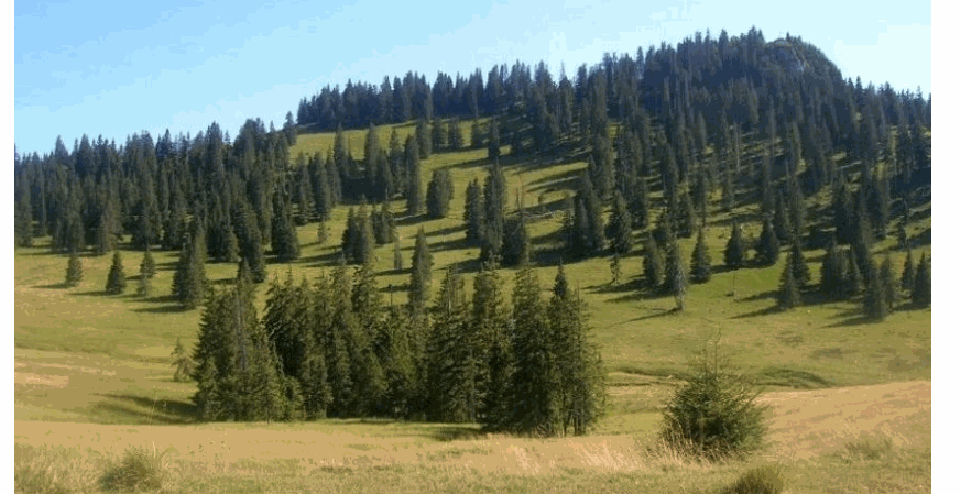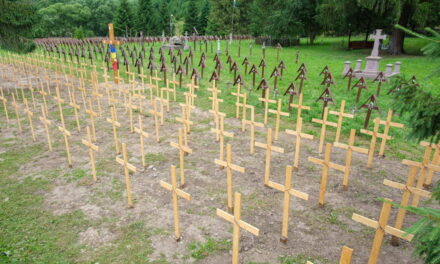Several thousand hectares of pine forests are affected by the damage of the hornbill in the Transylvanian Islands Nature Park. The pest has been present in the pine forests until now, but this year's rainless summer greatly favored the beetle's proliferation.
The pine forests of the Transylvanian Islands Nature Park are threatened not only by the recent devastating fire and illegal logging, but also by a tiny beetle, the squib, which is only a few millimeters long. The 4- to 6-millimetre long-tailed weevil inhabits coniferous forests, especially spruce forests, and is one of the most dangerous pests of pines. The sycamore invasion is not only in Romania, but throughout Central Europe, and the sycamore is responsible for the destruction of millions of cubic meters of pine trees every year. Such an invasion of pine trees is also sickening the pine trees in the Transylvanian Islands Nature Park. The 75,784 hectares of protected area covers the administrative territory of Bihar, Cluj and Fehér counties. The managers of the park tried to stop the invasion with several measures, including the use of special insect traps. The big storm of 2017 seems to have led to such a spread of the beetles. At that time, a lot of trees fell, and this turned out to be a favorable habitat for the beetle, which had been present in the forests of the nature park for a long time. The situation became dramatic this year, when drought and high temperatures favored the beetle colonies, which multiplied and continued to spread unchecked. The attacked trees dried up on thousands of hectares. The situation is worst in the counties of Bihar and Cluj.
"We analyzed the situation from the very beginning and tried to find a solution," Alin Moș, director of the Transylvanian Mountains Nature Park, told the Cluj newspaper Făclia de Cluj. As he said, the scientific committee dealing with the matter gave permission to the forestry districts to remove diseased or potentially endangered trees from the affected areas, hoping that they would be able to curb the sui invasion. He added that the measures were implemented too late and incompletely, and instead of slowing down the invasion, they actually accelerated it.
According to biologist Ioan Popa, speaking to the Cluj newspaper, in order to control the invasion, the trunks of the spruces must be sprayed with insecticides, and medicinal preparations must be injected into the trunks, and insect traps must be placed in parallel. "However, this is very difficult, almost impossible, when there are tens of thousands of diseased spruces and the invasion is on such a large scale. The drought summer was even more favorable to the spread of the typhus," added the biologist. According to experts, the females chew the tree bark, and the larvae that hatch from the eggs laid here suck the tree's sap and destroy the tree from the inside. Together with the representatives of the Romsilva National Forestry Directorate and the environmental protection authorities, the leaders of the Transylvanian Mountains Nature Park are looking for another solution to stop the destruction.
Source: Erdon.ro
Image: Barangolo.com













